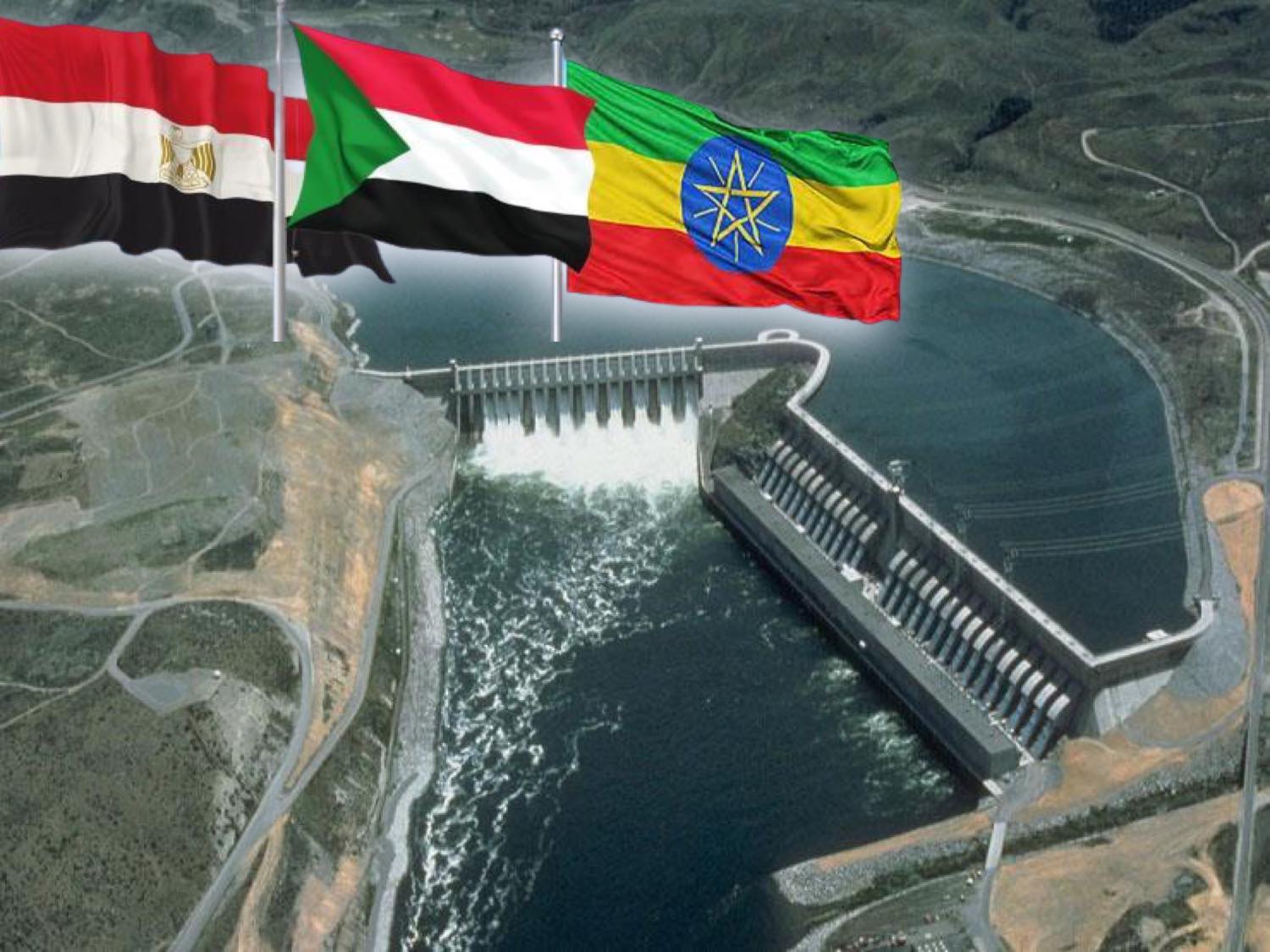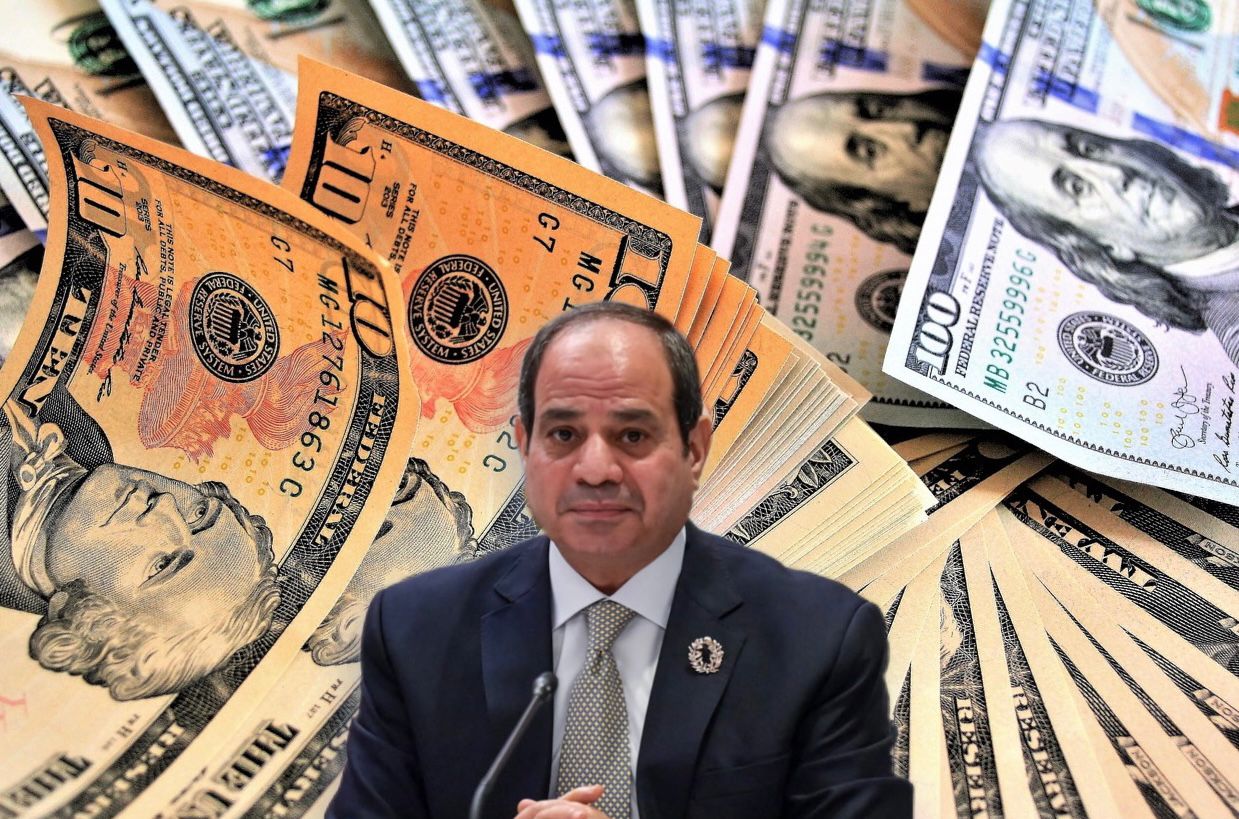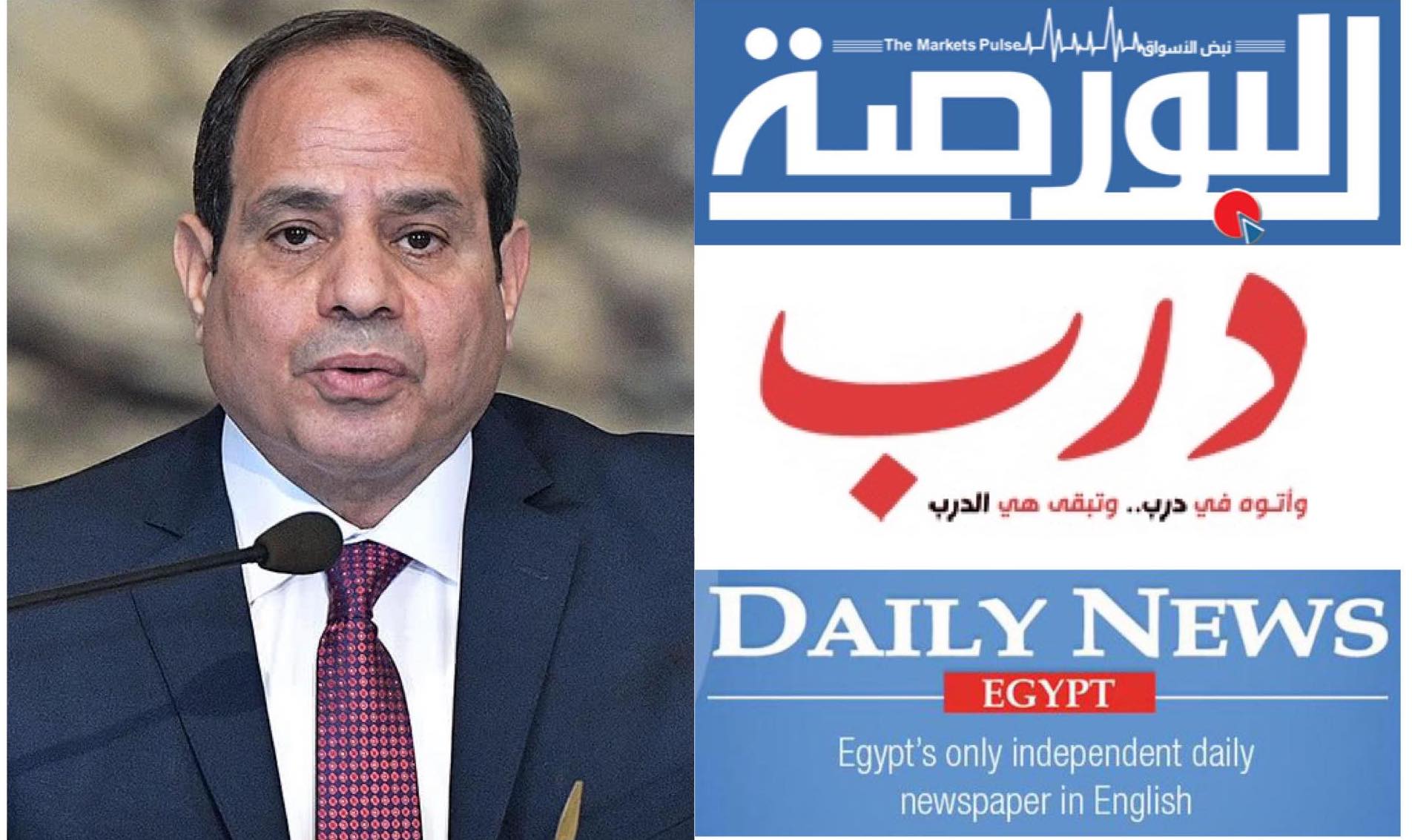Ethiopia won a new card in the Renaissance Dam negotiations, in light of the Egyptian-Sudanese dispute’s escalation, despite Cairo’s attempts to contain it and to make concessions to Khartoum. With gains and losses, the hypothetical meeting between the foreign and irrigation ministers from Egypt, Sudan, and Ethiopia ended without a fundamental shift in the negotiations, especially with the remaining sticking points. But the meeting ended with gains for Addis Ababa and a loss for Cairo and the stalemate in Khartoum’s position, so the Renaissance Dam crisis remains suspended until further notice.
In the meantime, Ethiopia seeks to prevent Egypt from exploiting the Tigray region’s crisis to escalate against the central government, especially in light of Eritrean mediation moves. This comes as the Sudanese position, which Cairo described as “intransigent,” causes Egypt to lose a lot after it was counting on unity in the negotiation approach between it and Sudan. In the past weeks, Egypt made many concessions and gave aid to Sudan to secure its support in the dam negotiations, to the point of holding joint military exercises between the two countries, which has not happened for years. But in the end, the Sudanese Foreign Ministry surprised the Egyptians by withdrawing from the negotiations due to its adherence to its viewpoint based on “adopting a new approach” in the talks, amid Egyptian and Ethiopian refusal to do so.
Egypt is currently conducting extensive military exercises with Sudan in the airspace called Nile Eagles, in which Egyptian pilots and military commandos from the Special Forces at the Meroe military base are participating. This step was interpreted as a message to Addis Ababa, but Khartoum’s position overturned this interpretation. The African Union has been sponsoring the talks for months, and Sudan wants to turn to African experts regarding negotiations between the three countries, which is what Egypt fears.
The Egyptian fear is not only due to the expected lack of experience of the candidate personalities, compared to their European and American counterparts, but due to concerns about being bribed or tempted to change their final positions. In accordance with what was agreed upon in the previous meetings, each country has chosen two experts to set a path for negotiations after the Egyptian and Ethiopian objections to strengthening the role of African experts, so that the dispute is now between the three countries over the negotiation mechanism to end the crisis. This mechanism constitutes a stumbling block before technical details or steps to be taken can be discussed. This is something that Cairo sees as the end of the African Union’s role unless South Africa intervenes as the president of the union.
Despite the expected failure of the meeting, it came as a surprise that the Sudanese Minister of Irrigation, Yasser Abbas, announced, in a statement, that his country refused to continue negotiations according to the previous approach, and its demand to return the issue to the African Union. This reflects the acute state of fragmentation between the participating countries after the last meeting, which lasted about three hours. Soon, the Egyptian presidency held meetings with the Military Council and the government in Khartoum to discuss the matter at a low level of representation, with other upcoming contacts, some of which were not announced. It is also expected that Egyptian Foreign Minister Sameh Shoukry will hold more contacts, not exclusively with Khartoum, but with his European counterparts, in preparation for referring the file as a whole to the Security Council, before next summer.
Also, Egypt does not want the African Union to decide to refer the file to one of the union’s special committees to continue negotiations since the level of Ethiopian demands has become “unacceptable,” especially after the clear Ethiopian declaration rejecting any binding agreements. This means that the Security Council’s speedy referral under Chapter VII of the United Nations Charter will be the solution to demand Addis Ababa to stop filling the dam until an agreement is signed. The continuation of the dispute between Cairo and Khartoum indicates more concern for the former, especially that Addis Ababa will buy time, and it is “its primary goal of continuously complicating negotiations.”





Recent Comments